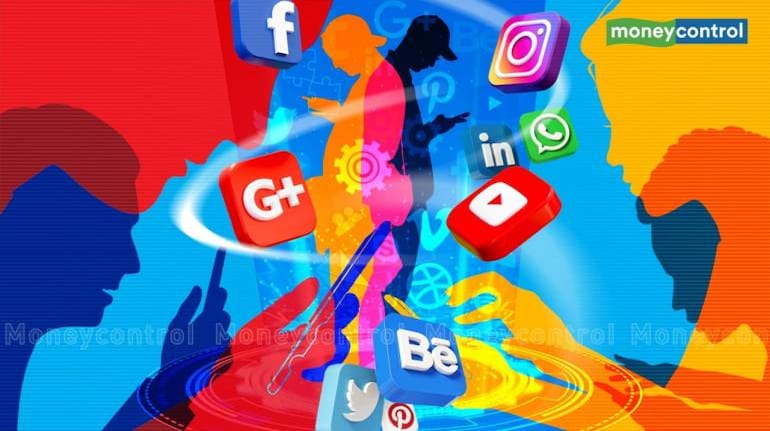



When Sufi singer Mame Khan performed at The Rajasthan Foundation Charity Ball in London, he said his presence was the outcome of a Facebook connect with the organising committee. The platform had acted for him as a forum to reach admirers of his talent. For Nitasha Sihag, a Haryana politician, Facebook opened an opportunity to connect with the local women, a community that requires the anonymity Facebook currently offers. She was able to mobilise support and offer solutions to problems her political counterparts didn’t know existed.
Facebook, Instagram, YouTube and similar social media platforms have emerged as great levellers. They have helped users that came from nothing, short-circuit regular channels to access people directly. The imposition of paid subscription and user verifications on social media platforms may all be upset prospects for future stars. It is unlikely for instance that the political party would offer Nihag a subscription budget.
Ad Revenues Not Adding UpPlatforms are toying with subscription models to offset losses they are incurring on advertising. Most recently, Facebook and Instagram launched paid subscriber verification in Australia and New Zealand, with the intent to expand it to other regions.
The move is in tow of similar services by Elon Musk-led Twitter and Snapchat. Given that Meta is the owner of WhatsApp, in addition to Facebook and Instagram, rumour is rife that some subscription-based services will hit the messaging platform too. The ticket size in overseas markets is roughly at Rs 1,000 a month, although if pricing of companies like Netflix and Amazon is anything to go by, it would be a lower amount for the Indian market.
These social media firms amassed users on the back of the free services they have offered over the years. While for consumer the allure has been the low entry threshold, for advertisers it was the captive and measurable audience access. A petering out of new customer acquisitions and increasing data privacy restrictions are changing the platforms’ ability to monetise.
Last year, privacy changes by Apple alone cost Facebook an estimated $10 billion in advertising. So, the companies are trying to spread that cost to subscribers who have created livelihoods on the platform. Musician @JalRaj for instance, refuses to sign with a music label because his social media following is more lucrative.
Paid Models Could BackfireIn exchange, paid users see less advertisements and the platform essentially becomes a gatekeeper to these users. The changes however, could spiral into a reversal for the platforms. For starters, paid viewers are promised fewer ads on their feeds, which in turn would shun more advertisers.
Paid verification will affect algorithmic outcomes of what appears on users’ feeds. Content published by a paying user will be played up without adding the ‘Sponsored’ tag. The choices made by paying users will be prioritised in algorithms scanning for authenticity affecting the retrieval of all content. The first glimpse of how counterintuitive that might be came with impersonations on the Twitter website when its ‘Blue’ service was first launched. Technology companies are not inherently equipped to ‘know your customer’ even though they are putting some checks in place.
Meanwhile, the change in filters would impact alienated and economically backward communities the most - the kind of Aamir Khan’s ‘Secret Superstar’.
Consumers in India prefer not to pay for content. Fortunately, with its sizeable population, advertisers have always happily borne the cost. The veering away from that model for global companies will leave room open for local players, such as Jio Platforms, that is likely to take on a more local flavour and cater to niche markets. Still, consumer behaviour can be fickle. Having tasted success on big platforms over the years, users may fork out what they can and stay on.
For large global platforms this is the big gamble.
Deepali Gupta is a senior financial journalist and author of Tata Vs Mistry: The Battle for India’s Greatest Business Empire. Views are personal and do not represent the stand of this publication.
Discover the latest Business News, Sensex, and Nifty updates. Obtain Personal Finance insights, tax queries, and expert opinions on Moneycontrol or download the Moneycontrol App to stay updated!
Find the best of Al News in one place, specially curated for you every weekend.
Stay on top of the latest tech trends and biggest startup news.